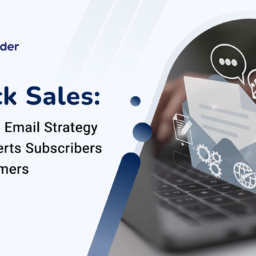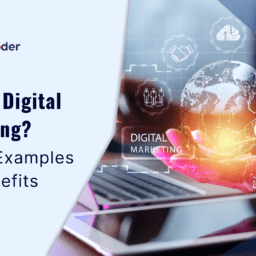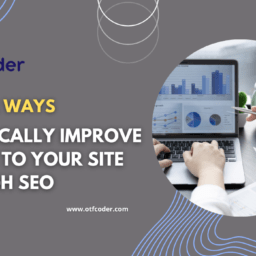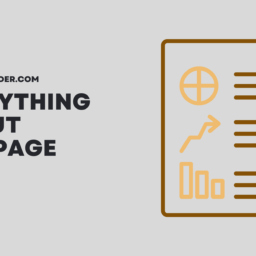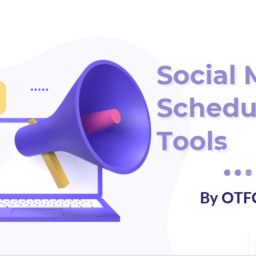E-commerce basically is known as Electronic commerce is a software mechanism. It works at the backend of an online store for effortless cataloging, adding or removing products, computing taxes, and everything else required to manage a website and fulfill the client’s requirements. Ecommerce Solutions help the business to run smoothly. Here, we are going to share some tips for choosing the best Ecommerce Solution Provider for your business.
Things to Consider Before buying Ecommerce Solution Provider…
-
Hosting and Domain name
An e-commerce website starts with two things one is reliable hosting and the other one is a memorable domain name. You need to make sure that your chosen e-commerce solution should have high-speed servers with generous bandwidth to make sure your online business is always up and running. It should also offer fast and easy setup with your domain, which you should be able to purchase from the company or through an external registrar, to make your launch smooth and hassle-free.
-
Customizable Templates
Creating an attractive &professional-looking website is the key success to your online store. Not everyone has the coding skills to build a website or have enough funds to hire a Web designer. Instead, your e-commerce software should offer a collection of well-designed themes and templates that can be easily customized to reflect your brand. Customization should be fast and easy.
-
Shopping-Cart Tools
Your shopping cart is the most important part of your online business. You should be able to manage inventory, maintain customer profiles, and track their orders. Customers also like which inventory counts and sold-out/back-order alerts so they can stay up-to-date before they make any purchase. Other features include the ability to give and implement discounts, coupon codes, and loyalty programs, as well as the ability to easily change variables — such as sizes, colors, and customization options — and automatically calculate total costs.
-
Conversion Tools
Sometimes, customers need to be convinced into making a purchase. Bring them in the right direction and close the deal with conversion tools, such as buyer reviews, recommendations, product comparisons, wish lists, viewing histories, etc. To minimize cart abandonment, e-commerce services also offer single-page checkouts to streamline purchases and reminder emails to customers who add items to their carts but leave before checkout.
-
Payment Systems
Another very important feature to consider in online business is a shopping cart’s payment system. To increase sales, customers should be able to pay with their preferred method of payment in an easy process. Ask the vendor what types of payment options it accepts, such as debit cards or mobile payments, and digital wallets like Paytm and Google Pay. For credit cards, ask which payment gateways the vendor uses and if it relies on an in-house credit card processor or a third-party vendor. How is your and your customers’ information handled, and can the system easily integrate with your bank or merchant account?
If you currently using or planning to use business apps to run your e-commerce business, the ability to merge them with your online store will make it much easier to run your online business. A compatible business app will save you tons of time instead of having to manually import data.
-
Mobile Storefront
Mobile commerce (m-commerce) is on the rise. You can be ahead of the competition by choosing a service that provides you a mobile storefront, so you can easily reach more customers on the devices they use. Useful m-commerce features include responsive designs, choices for mobile payments, and the ability to manage your store from your mobile phone.
Running an e-commerce website is like running any other website — you’ll need the right tools- analytics and marketing to make it work and measure its success. Use of search engine optimization (SEO), to help you rank highly on Google, Bing, Yahoo, and other search engines; content management systems for blogging, social media marketing, and email marketing.
It’s always frustrating when a service provider is unreachable whether you need technical support or have billing support. Not all e-commerce solutions have the same level of customer support, so make sure the one you choose is always at your service. There are different types of customer support available.
-
Security
As an online seller, you must keep both your data and your customers’ information safe. Choose a secure shopping cart that has a payment card industry (PCI) compliance, secure socket layer (SSL) protection, and fraud score. Data backup and disaster recovery are also necessities for any e-commerce solutions provider.


